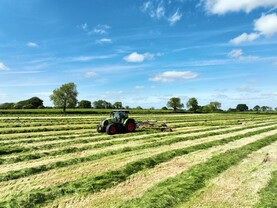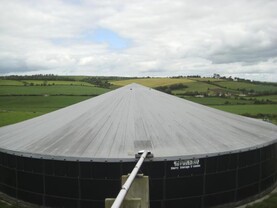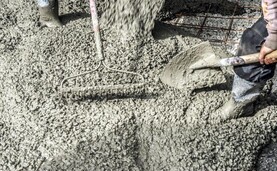Some years ago I was talking to an elderly farmer in a first-class farming area in Cork. He had an excellent farm and saw himself as capable of earning his own living as an independent operator owing nothing to anybody and dependent on nobody.
They were noble sentiments. But as the conversation went on I was surprised to put it mildly at how deeply this attitude of sturdy independence was ingrained.
He assured me that as long as he was alive and farming that he would never apply for either a farm grant or a single farm payment.
I tried to convince him that the single farm payment, as it was called then, was put in place to compensate for reductions in guaranteed prices and to partly compensate for the extra environmental conditions imposed on European farmers.
He was having none of it. He was going to continue farming as his family had always done, free from the bureaucratic snooping of officialdom.
I have often wondered how he has fared since our conversation and, more to the point, how he would react to last week’s TAMS announcement.
If ever we needed confirmation that the role of the State and Government has become all pervasive, last week’s announcements of the range and complexities of items eligible for TAMS assistance provided it.
Market return
It was and is a powerful acknowledgement that the market return will not allow for the investment necessary under modern conditions for farmers to equip themselves to meet the economic and environmental conditions imposed on them.
The operation of the Common Agricultural Policy, with its array of payments and obligations is symptomatic of the same State involvement in the everyday operation of the sector.
As farmers we have no option in my view but to go along with them if we want to stay in business.
We may regret the loss of our independence and freedom of action, but it’s not only in farming and agricultural policy that the State’s role is becoming more pervasive.
We have only to look at health, education, housing and even industrial policy. As farmers we have to recognise the need for appropriate capacity in our farm organisations.






 This is a subscriber-only article
This is a subscriber-only article










SHARING OPTIONS: